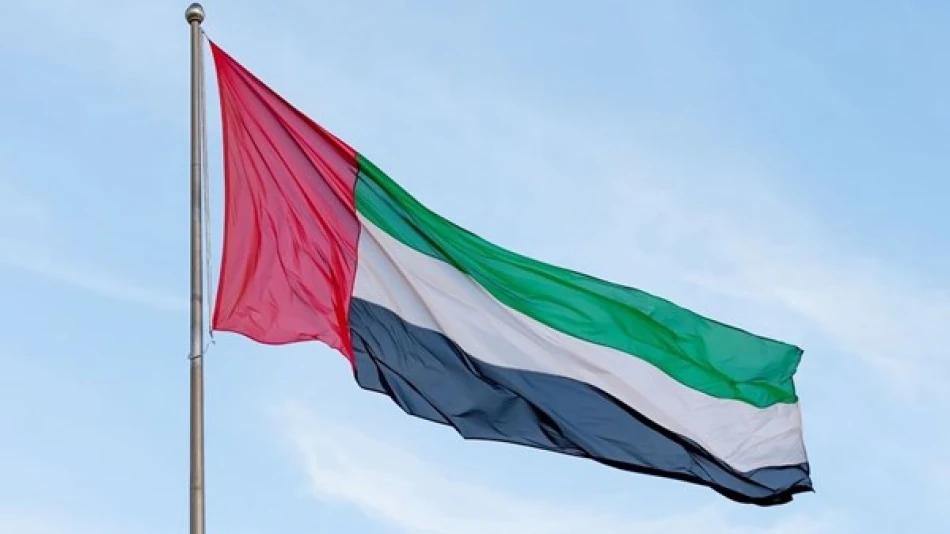
UAE Leaders Offer Condolences to Kuwaiti Emir on the Passing of Sheikh Ali Abdullah
UAE Leaders Express Condolences to Kuwait Following Death of Sheikh Ali Abdullah Al-Khalifa Al-Sabah
Five UAE emirate rulers have sent official condolence messages to Kuwait's Emir Sheikh Mishal Al-Ahmad Al-Jaber Al-Sabah following the death of Sheikh Ali Abdullah Al-Khalifa Al-Sabah, underscoring the deep diplomatic ties that bind the Gulf Cooperation Council nations together during times of loss.
Unified Response from UAE Leadership
The rulers of Sharjah, Ajman, Fujairah, Umm Al-Quwain, and Ras Al Khaimah—all members of the UAE's Supreme Council—coordinated their diplomatic response by sending simultaneous telegrams expressing their sincere condolences and heartfelt sympathies to the Kuwaiti leadership.
Crown princes and deputy rulers from these emirates also dispatched similar messages of condolence, demonstrating the institutional depth of UAE-Kuwait relations that extends beyond individual leadership to encompass the broader ruling establishment.
Diplomatic Significance in Gulf Relations
This coordinated response reflects the established protocol among GCC states, where the death of prominent royal family members triggers formal diplomatic expressions of solidarity. Such gestures serve multiple purposes: they reinforce bilateral ties, acknowledge shared cultural and religious values, and maintain the delicate balance of respect that governs inter-Gulf relationships.
Historical Context of UAE-Kuwait Ties
The UAE and Kuwait have maintained strong diplomatic and economic relationships since the UAE's formation in 1971. Both nations have navigated regional challenges together, from the Iran-Iraq War in the 1980s to more recent geopolitical shifts in the Gulf. Kuwait's support during the UAE's early years as a federation helped establish the foundation for today's robust partnership.
Regional Stability Through Diplomatic Continuity
These formal condolences come at a time when Gulf states are increasingly focused on economic diversification and regional stability. Kuwait's political transitions and the UAE's continued economic expansion require sustained diplomatic coordination, particularly as both nations work to balance relationships with global powers while maintaining GCC unity.
The death of senior royal family members often serves as a moment for Gulf leaders to reaffirm their commitment to collective security and shared prosperity—values that have become more critical as the region faces evolving energy markets and shifting international alliances.
Most Viewed News

 Layla Al Mansoori
Layla Al Mansoori






